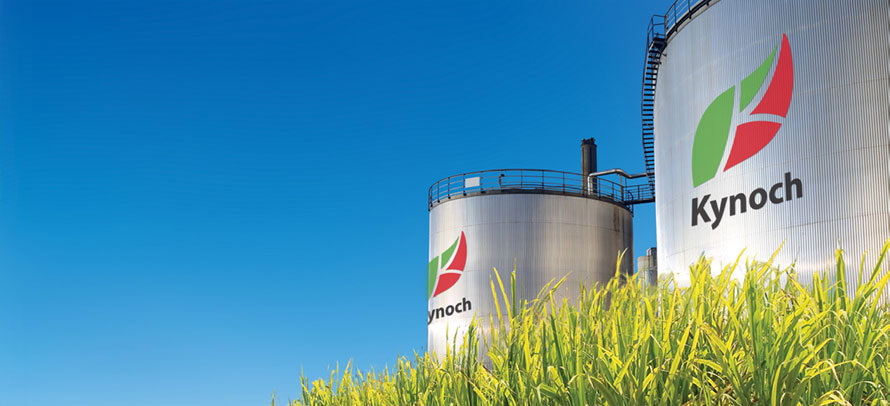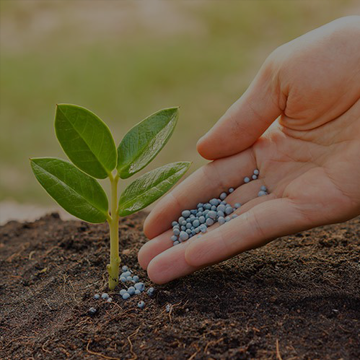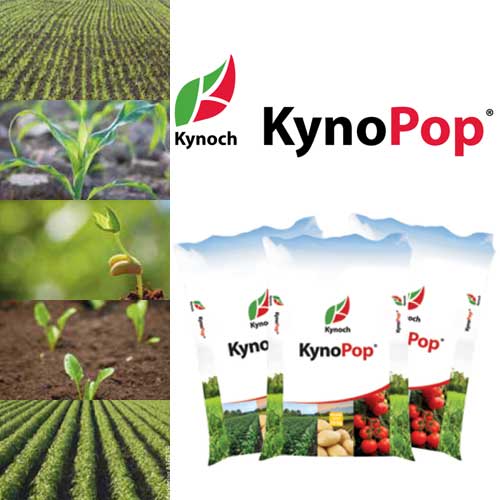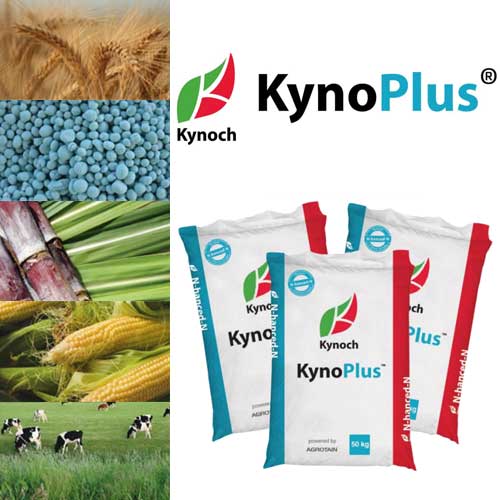
How to Choose a Vegetable Fertilizer
12/07/2021
The Crucial Role of Fertilizer Producers
29/07/2021The Requirements for an Effective Citrus Fertilizer
Those of us who may have a few fruit trees in our garden will have soon become aware of the need to control insect predators by spraying to ensure a healthy crop. However, apart from watering them regularly, we often neglect the soil they depend on to provide many of their essential nutrients. In practice, those nutritional requirements can vary widely between plant species. For example, an effective citrus fertilizer will have a different composition from that necessary to encourage the growth of cereal crops such as wheat or maize. At the same time, it will need to be sufficiently generic to sustain the health and development of oranges, naartjies, lemons, limes, grapefruit and other related arboreal fruits.
Other factors that influence the needs of these popular fruit trees are the time of year and stage of growth. Not surprisingly, the demand for nutrients by an established tree is most significant during periods of flowering and fruiting. Also, the composition and quantity of citrus fertilizer required will depend upon whether the trees are grown in an orchard or pots. A lemon or orange tree needs an adequate supply of the three macronutrients, nitrogen, phosphorus, and potassium, in common with all green plants. For landscape plantings, a balanced mixture of these should be fine. However, potted trees will require a more nitrogen-rich product.

Whether potted or free-growing, overwatering could carry the nutrients beyond reach due to their relatively shallow root system. Though a liquid feed can work well, it is possible to reduce this leaching tendency by applying a suitable citrus fertilizer in granular form. In this respect, a slow-release product can be beneficial.
As a general rule, these trees need fertilizing monthly or bi-monthly during spring and summer, when their growth activity is greatest. However, the need for additional nutrients does not cease during periods of reduced activity. It’s important to continue feeding during autumn and winter, albeit at longer intervals of two to three months. As the trees mature, their nutritional needs will reduce. Fertilizing during dormant periods can be discontinued, and the spring and summer feeding intervals extended. Although able to thrive in all soil types, a slightly acidic citrus fertilizer will generally be most effective for soil applications.
In addition to an adequate supply of nitrogen, phosphorus and potassium, these trees require selected micronutrients and trace elements to ensure an abundant growth of healthy fruit. Applying a liquid preparation containing these extra ingredients can provide a boost when most needed.
For world-class plant care products, including granular and liquid citrus fertilizers, talk to the industry leaders at Kynoch.






.png?v=1594369838025?v=1594369838026)